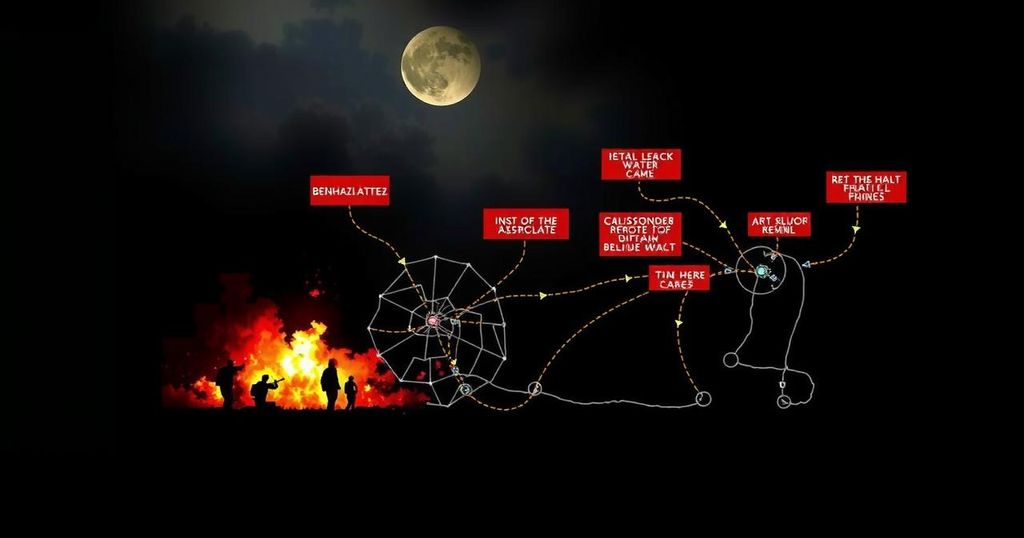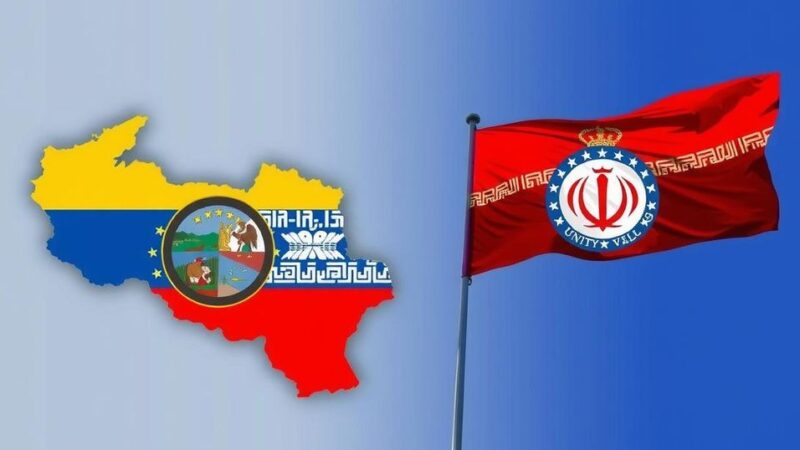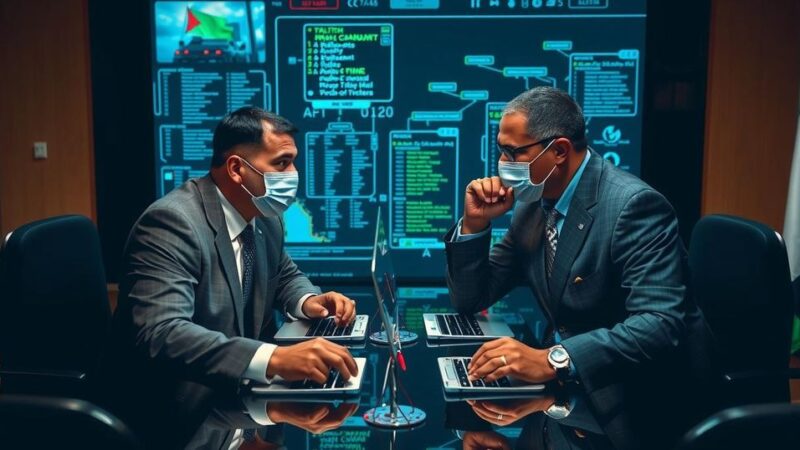The 2012 Benghazi attacks on September 11–12 resulted in the deaths of four Americans, including U.S. Ambassador Chris Stevens. Conducted by Islamic militants linked to al-Qaeda, the assaults on the U.S. diplomatic compound and CIA annex sparked a political firestorm in the United States and prompted extensive investigations into security measures and bureaucratic failures, leading to reform efforts by Secretary of State Hillary Clinton.
The 2012 Benghazi attacks occurred on September 11–12, targeting a U.S. diplomatic compound and a nearby CIA annex in Benghazi, Libya. This tragic event claimed the lives of four Americans, including U.S. Ambassador Chris Stevens, marking the first violent death of a U.S. ambassador since 1988. The assaults were carried out by approximately 150 Islamic militants linked to al-Qaeda amid the Libyan uprising, which had begun in February 2011.
Ambassador Stevens, who had recently been appointed in May 2012 and was based in Tripoli, was in Benghazi on a special mission. During the attack, he and his colleagues took refuge in a safe room, yet Stevens was ultimately lost in the chaos and later pronounced dead after being found by local Libyans. Subsequently, further assaults targeted the CIA compound, terminating the lives of two security agents in the third wave of attacks, which involved mortar fire.
The immediate aftermath prompted a significant investigation by the U.S. government, during which initial communications from officials appeared inconsistent. While the Obama administration initially suggested a link to anti-protest demonstrations over an anti-Islam video, it later became clear that the assaults were, in fact, premeditated attacks by the al-Qaeda affiliate, Ansar al-Sharia. With the 2012 U.S. presidential election approaching, various congressional inquiries scrutinized the government’s response and the security measures in place. Secretary of State Hillary Clinton accepted involvement for the bureaucratic shortcomings and endorsed all institutional reforms recommended by the Accountability Review Board. Despite these efforts, the investigations continued, with a final report released in 2016.
The Benghazi attacks transpired during a tumultuous period in Libya, which had been undergoing significant political and social upheaval since the 2011 revolt against Muammar Gaddafi. As the U.S. engaged with local rebels, the volatility of the region surged, manifesting in increased violence and terrorist activity. The nature of the attacks underscored vulnerabilities within U.S. diplomatic security, raising critical questions regarding the preparedness and response mechanisms in such high-risk environments. This incident not only highlighted flaws within the Department of State’s protocols but also became a focal point in U.S. politics, particularly in relation to national security and foreign policy.
The 2012 Benghazi attacks serve as a stark reminder of the perils faced by diplomatic missions in conflict zones. The deaths of four Americans, including Ambassador Chris Stevens, underscored the urgent need for effective security measures and crisis response strategies. The incident drew considerable scrutiny and became a significant point of contention politically, reflecting broader implications for U.S. foreign policy and the challenges of addressing terrorism in unstable regions. The subsequent investigations aimed to rectify systemic failures and enhance the protection of U.S. personnel abroad.
Original Source: www.britannica.com






